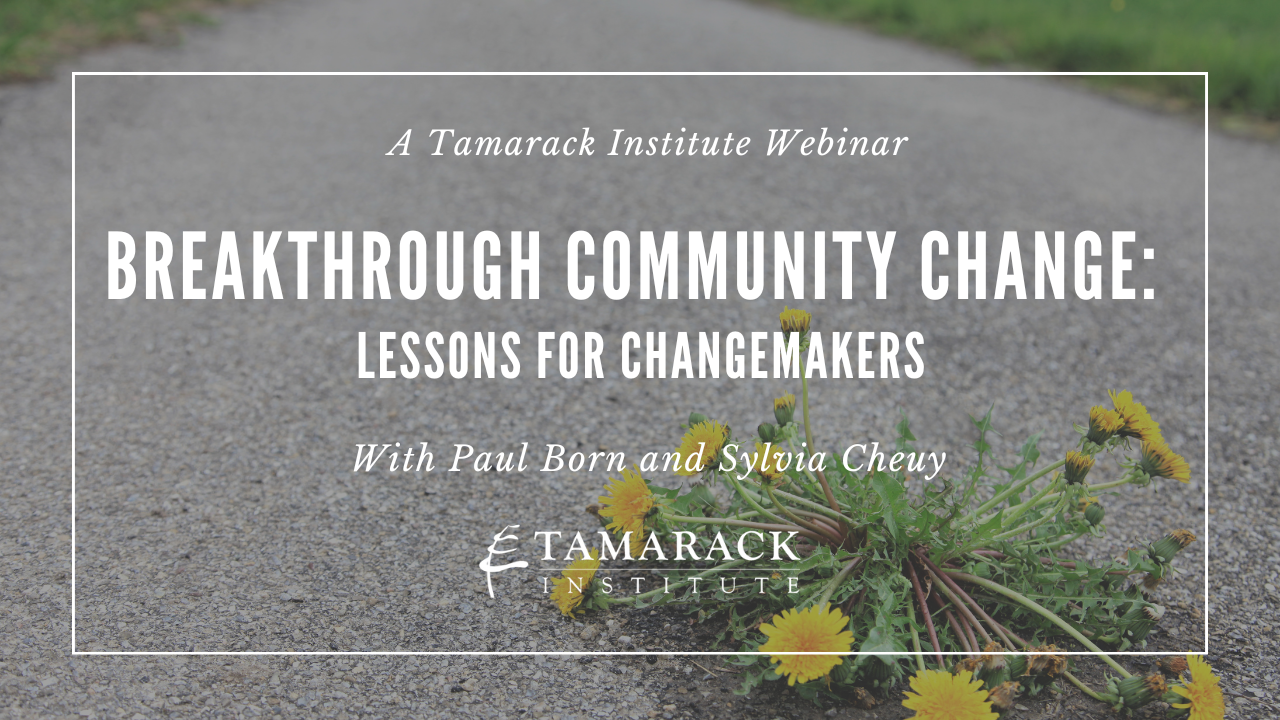This resource is also available in French. Click here to access the French version.
Sustainable Neighbourhood Action Program (SNAP) is a collective impact program that takes a holistic approach for deep stakeholder and community engagement in climate action and urban renewal at the neighbourhood level. It was developed by the Toronto and Region Conservation Authority (TRCA) to help municipalities overcome the challenges of retrofitting older urban communities.
This case study unpacks the SNAP model, its impacts in the Toronto area, and some key takeaways from the project.
Deepen Your Learning
Note: This document was published in 2022 and uses the word stakeholder to reference the different parties connected to the outcomes of a situation or decision.
Since using the term, we as an organization have learned more about the origins of this word and its original uses. We want to acknowledge this history and communicate our desire to change which we are still developing as an organization.





















